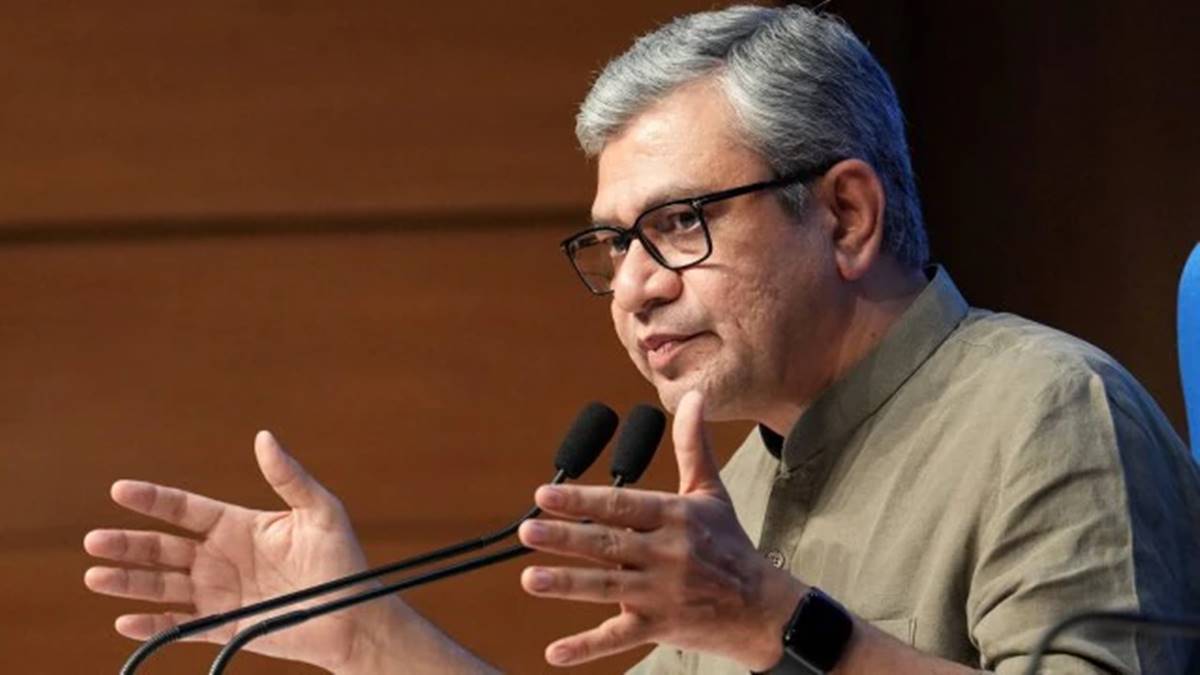
DFC has reduced cost of logistics, is crown jewel of Indian Railways : Ashwini Vaishnaw
NEW DELHI : The Dedicated Frieght Corridor (DFC) has reduced the cost of logistics in India and is a crown jewel of the Indian Railways, Minister of Railways Shri Ashwini Vaishnaw said on November 14 in Delhi.
“DFC is an important infra project of india. It is the jewel of Indian railways. Today there are more than 350 cars plying in the freight corridor. In some places, cargo travel time has halved. In other places, there has been a significant reduction,” Vaishnaw said.
“It has reduced the logistics cost of the country. It has been integrated very well in railways,” he added.
The union minister was speaking on the occasion of 19th Foundation Day of Dedicated Freight Corridor Corporation of India Limited (DFCCIL).
DFC is a flagship infrastructure project of the Indian Railways, aimed at enhancing the country’s freight transportation efficiency and capacity.
Its objective is to create a specialized rail network for exclusive freight movement, reducing congestion on passenger routes and increasing cargo transportation speed.
There are two main corridors: Eastern DFC (1,856 km) from Ludhiana to Kolkata, and Western DFC (1,502 km) from Dadri to Mumbai.
The dedicated freight corridors of the Indian Railways have had a social-equalising effect with states that have a lower per-capita GDP experiencing significant benefits, according to a study by the University of New South Wales, Australia.
This suggests that the corridors are helping bridge the economic gap, offering a path towards more equitable economic growth across the country, it stated.
Though the study, published in Elsevier Journal, focused on the Western Dedicated Freight Corridor (WDFC) for the financial year 2019-20, experts say that overall, it benefits several industries and consumers, giving a big push to the Indian economy.
Some of DFC’s features are double-stack container-friendly tracks with 25-ton axle load capacity, automated signaling systems for efficient train movement.
It has helped in 50 per cent increase in freight transportation capacity, 50 per cent reduction in travel time, reducing congestion, increasing average speed and reducing greenhouse gas emissions. Also, approximately Rs 81,000 crores ($11 billion) of capex has been planned for DFC projects.

